What is car insurance?
A car insurance policy can protect you if your car:
- is stolen
- vandalised
- catches on fire
- or if you are involved in a car accident.
A car insurance policy can also cover you against any damage you cause to the public, their property or other road users.
Valid car insurance is a legal requirement if you own and use a car that is not declared SORN.
If you own a car and drive without insurance you could be liable to a fine of up to £1,000 or have your vehicle seized and destroyed.
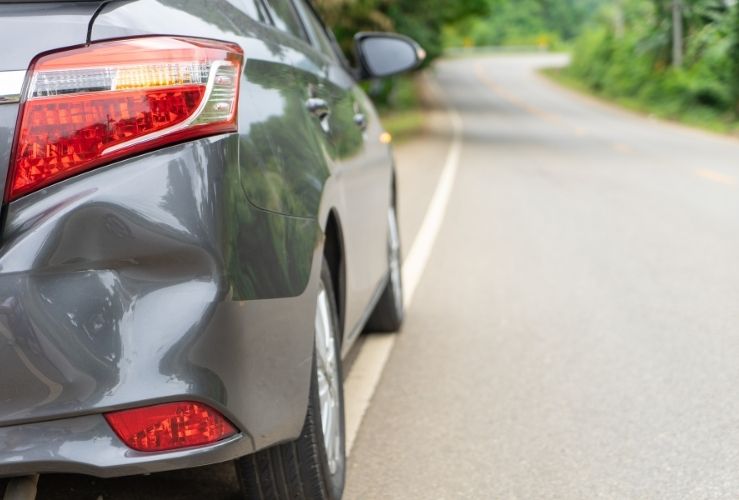
What kind of car insurance do I need?
There are three main levels of car insurance:
Third-Party
Third-party cover is the minimum level of cover that is required by law.
The cover provided with third-party insurance is very basic as it only covers damaged caused to other people’s property and compensation or costs related to injuries sustained in an accident proven to be the fault of the covered driver.
Third-Party Fire & Theft
Third-party fire and theft cover provides the policy holder with all the benefits of Third-Party only cover, but also protects against loss or damage if your car is stolen or damaged by fire.
Fully Comprehensive
This is the most complete level of car insurance policy available.
Whereas third-party only and third-party fire and theft policies only cover damage to others as the result of an accident deemed your fault – comprehensive car insurance covers damage to your car too.
Fully comprehensive insurance also protects your car when fault cannot be proven. So if you experience a hit-and-run while away from your vehicle, you will be able to make a claim on your car insurance policy.
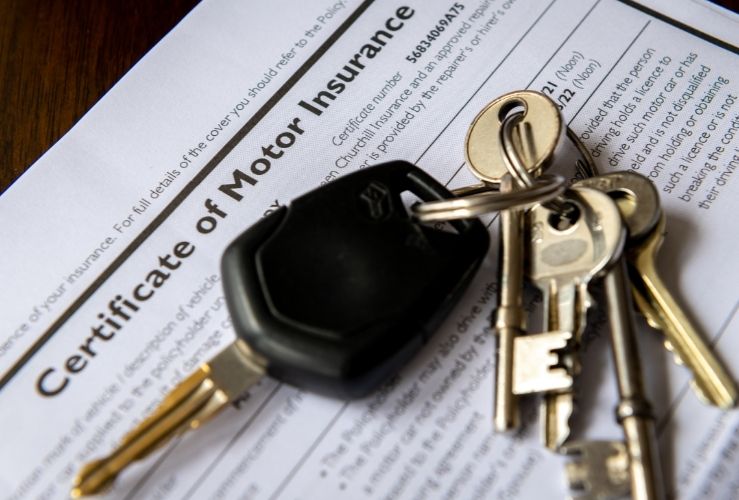
How do I get a cheap car insurance quote?
One of the best ways to get yourself a cheap car insurance quote is to compare the prices of many different providers, ensuring you also compare each company’s policy wording.
Cornmarket Insurance Services Ltd. will do the comparison work for you, working with a range of reputable insurers across the United Kingdom, to find a car insurance policy that’s right for you.
What details do I need to get a car insurance quote?
- Details of the car including any modifications.
- Driving licence and convictions – the type of licence, how long you’ve had it, if you have accumulated any points or disqualifications over the last 5 years.
- Previous claims or accidents – for any claims in the last 5 years we will need the date, claim cost and accident type.
- No-claims bonus – if you do not know the details of your no-claims bonus you can contact your current car insurance provider.
- Details of any other drivers – other drivers’ names and licence details.
What is a no-claims bonus?
A no-claims bonus (NCB) or no-claims discount is a way for insurance companies to reward customers for not making a claim. It is essentially a count of the number of consecutive years you have not claimed and a discount is applied to the premium depending on that number.
If you make a claim on your policy and your insurer pays out you will lose some, if not all, of your NCB. However, if you are in an accident with another car and you are not at fault your no-claims bonus may not be affected.
If you need to get proof of your NCB you can contact your existing or previous car insurance provider and they will supply the proof for you.
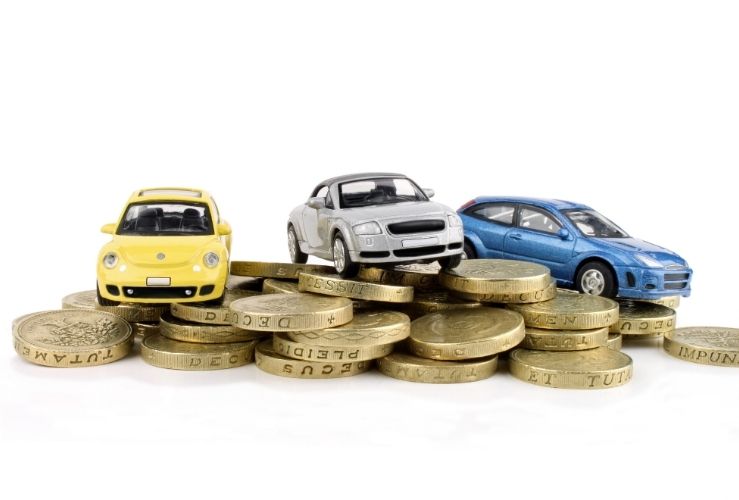
How do I save on car insurance?
Reducing the cost of motoring is something that most car owners are keen to look at, with car insurance being no exception.
Each year, when it is time to renew your policy, it almost always pays to try these simple tips to make your money stretch a little further.
Don’t pay by direct debit
If you can afford it, pay for your policy annually as this will reduce the administration costs needed for monthly payments.
Increase your voluntary excess
A higher voluntary excess will invariably lower the premium price. But remember that you will need to pay this excess if you need to make a claim.
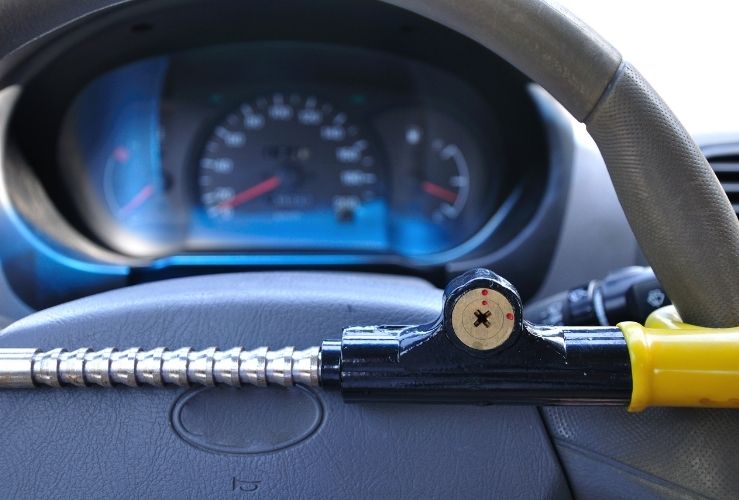
Improve your vehicle’s safety and security
Devices such as alarms, immobilisers and wheel-locking nuts could have a positive effect on car insurance premiums as insurers consider a safer vehicle less risk.
Look to decrease your mileage
The more mileage you do the higher the risk of an accident which will increase policy premiums. It could benefit you if you could reduce those miles.
Build and protect your no-claims discount
No-claims discounts help shave off pounds from your premium. So it makes sense to build up the years and then protect the bonus that has accrued.
Add an additional driver
Drivers with experience may reduce the cost of your car insurance.
But adding multiple drivers and drivers under the age of 25 will likely increase the premium.
Put some thought into your vehicle
Some vehicles are insurance traps, in terms of demanding relatively high insurance costs.
If you are looking to buy a new car, or simply change the car that you have, it is worth checking to see what affect the make and model has on insurance costs.
Watch out for modifications
Modified cars tend to be more attractive to thieves and sometimes harder to fix which drives car insurance costs up.
Compare car insurance quotes
Don’t let your car insurance auto-renew and be trapped in an expensive policy that you were unaware of.
Comparing costs of numerous suppliers can often get you a cheaper car insurance renewal quote, but remember to always look at like for like policies as insurance providers will differ with what they offer.
Cornmarket take the hard work of finding an alternative provider, by sourcing suitable quotes on your behalf, from the extensive range of reputable insurers that they work with. What’s more, as a Start Rescue customer, you will benefit from preferential discounts and other extra benefits.
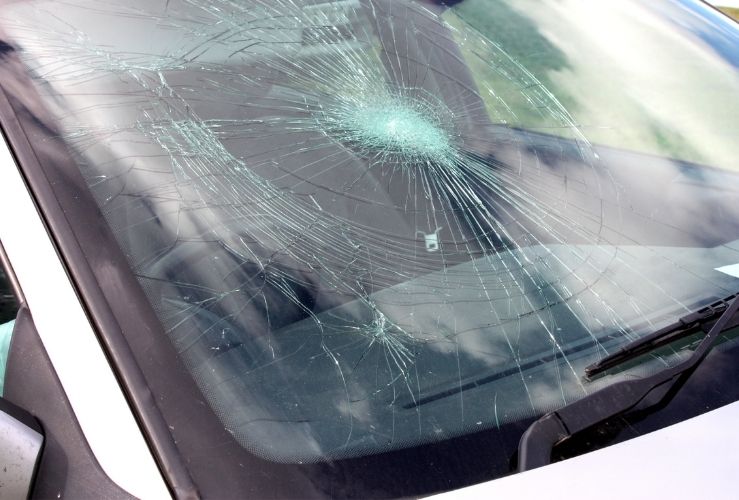
What is comprehensive car insurance?
Comprehensive car insurance or fully comprehensive cover protects you from having to pay the full amount of a claim, as well as protecting any third party in the event of an accident not deemed to be your fault.
Although comprehensive cover is the highest level of car insurance cover available, not all comprehensive cover is created equally.
The below is a list of what might not be included in every fully comprehensive car insurance policy and may be offered as optional add-ons.
- Courtesy car
- Vandalism cover
- Child seat cover
- Windscreen cover
- Transport home after an accident
- Breakdown cover – this may be an optional add-on, or you could take a look at an independent vehicle breakdown provider such as startrescue.co.uk
Can I drive someone else’s car on my car insurance policy?
It used to be the case that if you had comprehensive car insurance you could drive any other insured car and be covered for third-party insurance. This, however, is no longer true and you should always check the terms of your car insurance before driving another car.
If you are caught driving another person’s car without adequate car insurance in place, you could be stuck with a £300 fine and 6 penalty points.
If, after checking with your insurer, you’re not covered for driving another car there are a couple of things that you can do.
You can arrange temporary car insurance if you know when you’ll be using the car. Or, if you need to drive another person’s car on a more regular basis you can be added as a named driver to their car insurance policy.
Does my car need to be insured if it is off the road?
Since the law of Continuous Insurance Enforcement (CIE) came to force in 2011 it has been illegal to own a car not declared SORN without it being insured. So even if you are not using it and it is sitting on your driveway or by the side of the road you will still need to have some level of insurance attached to it. If it doesn’t then you will be liable to pay a fine of up to £1,000 and possibly have the vehicle seized and destroyed!
If the vehicle is declared as SORN (Statutory Off Road Notification) you will not need to have valid car insurance in place.
You will need to register the vehicle as off-road by completing a SORN application with the DVLA online, by post or over the phone.
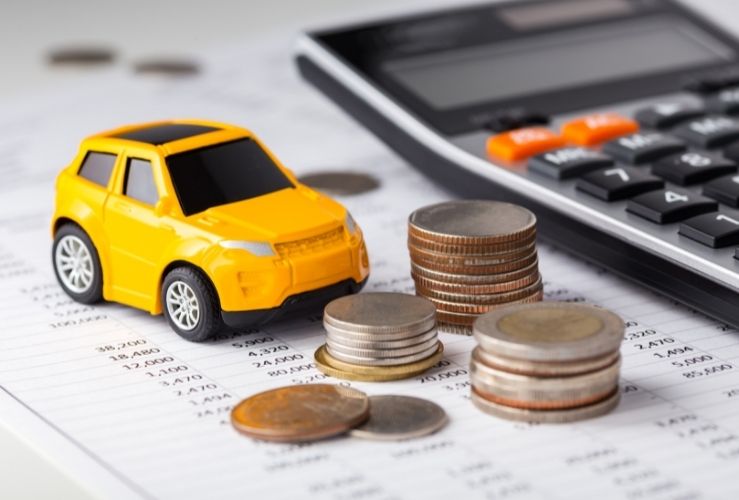
What is compulsory and voluntary excess?
Excess is a fixed amount that you will need to pay if you make a claim. There are two types of excess on a car insurance policy that you will be required to pay – compulsory and voluntary.
Compulsory excess
Compulsory excess is the amount that you will need to pay that has been applied to your policy and is set by your provider.
Compulsory excess can differ depending on your circumstances and the type of car you drive.
Voluntary excess
Voluntary excess is the amount that you’re willing to pay and is set by you.
If you increase your voluntary excess you are likely to bring down the cost of your premium. However, remember that you’ll have to pay this in the event of a claim.
If you set your voluntary excess to £150 and your compulsory excess is £200, you will need to pay a total of £350 excess. So if your claim is £2,500 you would be required to pay £350 with the insurer paying out the remaining £2,150.

